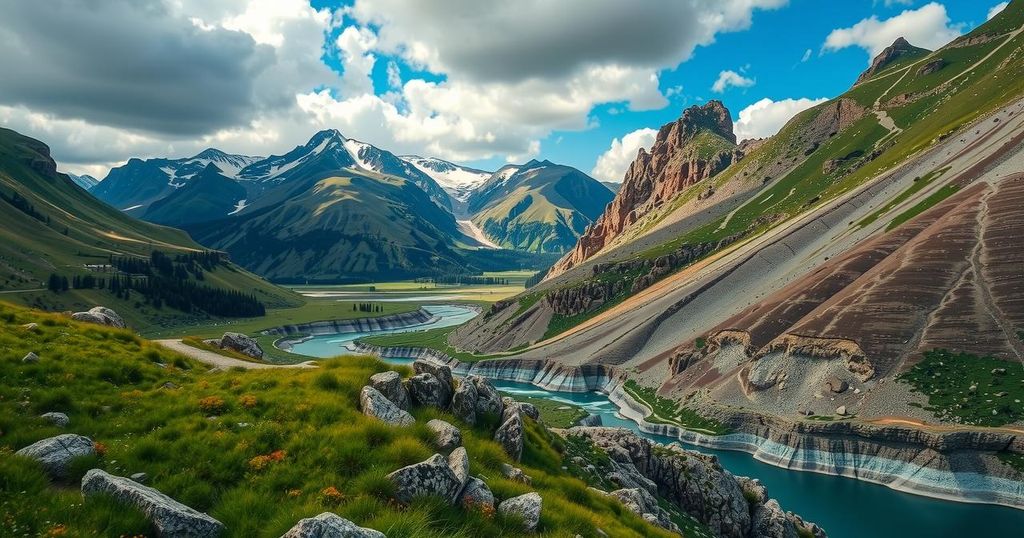A deal reached at U.N. climate talks in Azerbaijan involves wealthy nations pledging $300 billion annually by 2035 for climate assistance to developing countries. However, experts assert that at least $1 trillion annually is necessary, leaving developing nations dissatisfied with the outcome.
At the recent U.N. climate conference held in Azerbaijan, negotiators achieved a crucial agreement to combat climate change. Wealthy nations committed to providing $300 billion annually by 2035 to assist developing nations in addressing climate change ramifications and transitioning to sustainable energy sources. However, this amount falls significantly short of the estimated $1 trillion per year required by experts to effectively tackle the climate crisis. William Brangham engaged in discussions with Manish Bapna to delve deeper into these issues, revealing the ongoing dissatisfaction among developing nations regarding the financial pledge.
The discussions at the U.N. climate talks are part of a larger global conversation about climate finance, particularly regarding the support wealthy nations must provide to developing countries that are disproportionately affected by climate change. Developing nations have consistently argued that without adequate funding, their ability to implement effective climate adaptation and mitigation strategies is severely compromised. The pledge made at the conference, while substantial, is widely perceived as insufficient given the scale of the challenge posed by climate change and the financial resources needed.
The climate deal established at the U.N. conference reflects a critical step towards addressing climate change, yet it underscores a significant gap between commitments made and the actual financial needs highlighted by experts. With developing nations expressing dissatisfaction over the inadequate pledge, it is evident that much work remains to ensure that international climate finance aligns with the realities of climate impacts and the necessary actions to combat them.
Original Source: watch.montanapbs.org






